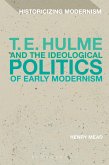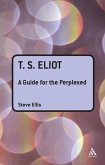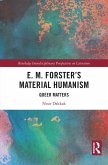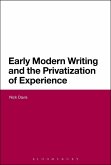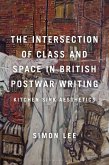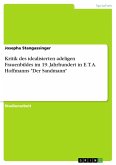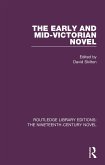Drawing on a range of archival materials, this book explores the writing career of the poet, philosopher, art critic, and political commentator T.E. Hulme, a key figure in British modernism. T.E. Hulme and the Ideological Politics of Early Modernism reveals for the first time the full extent of Hulme's relationship with New Age, a leading radical journal before the Great War, focussing particularly on his exchange of ideas with its editor, A.R. Orage.
Through a ground-breaking account of Hulme's reading in continental literature, and his combative exchanges amongst the bohemian networks of Edwardian London, Mead shows how 'the strange death of Liberal England' coincided with Hulme's emergence as what T.S. Eliot called 'the forerunner of... the twentieth century mind'. Tracing his debts to French Symbolism, evolutionary psychology, Neo-Royalism, and philosophical pragmatism, the book shows how Hulme combined anarchist and conservative impulses in his journey towards a 'religious attitude'. The result is a nuanced account of Hulme's ideological politics, complicating the received view of his work as proto-fascist.
Through a ground-breaking account of Hulme's reading in continental literature, and his combative exchanges amongst the bohemian networks of Edwardian London, Mead shows how 'the strange death of Liberal England' coincided with Hulme's emergence as what T.S. Eliot called 'the forerunner of... the twentieth century mind'. Tracing his debts to French Symbolism, evolutionary psychology, Neo-Royalism, and philosophical pragmatism, the book shows how Hulme combined anarchist and conservative impulses in his journey towards a 'religious attitude'. The result is a nuanced account of Hulme's ideological politics, complicating the received view of his work as proto-fascist.



